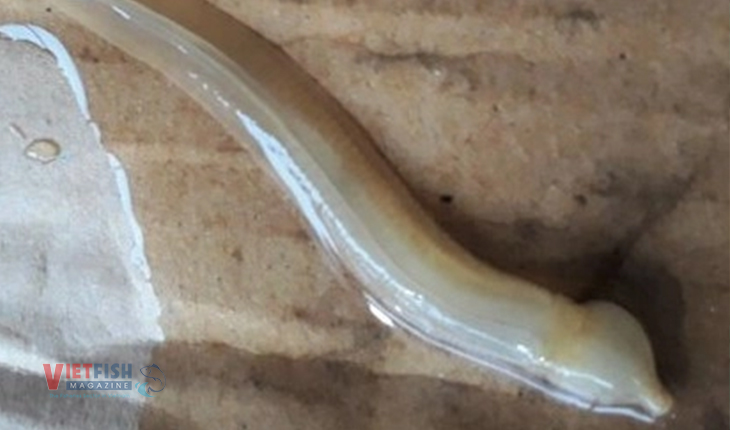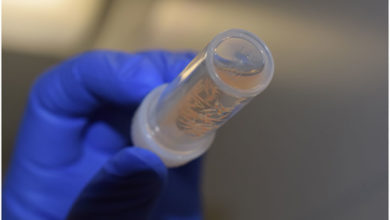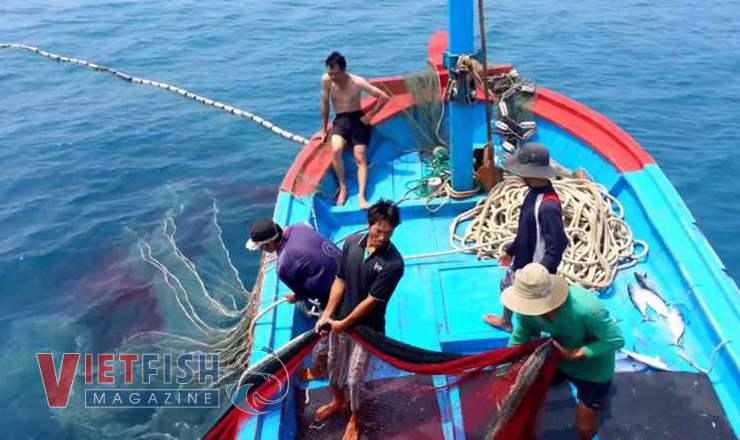Crackdown on illegal lobster smuggling to protect Vietnam’s lobster industry
Illegal trade and smuggling of juvenile lobsters from abroad present a growing threat, prompting Vietnamese authorities to take serious actions
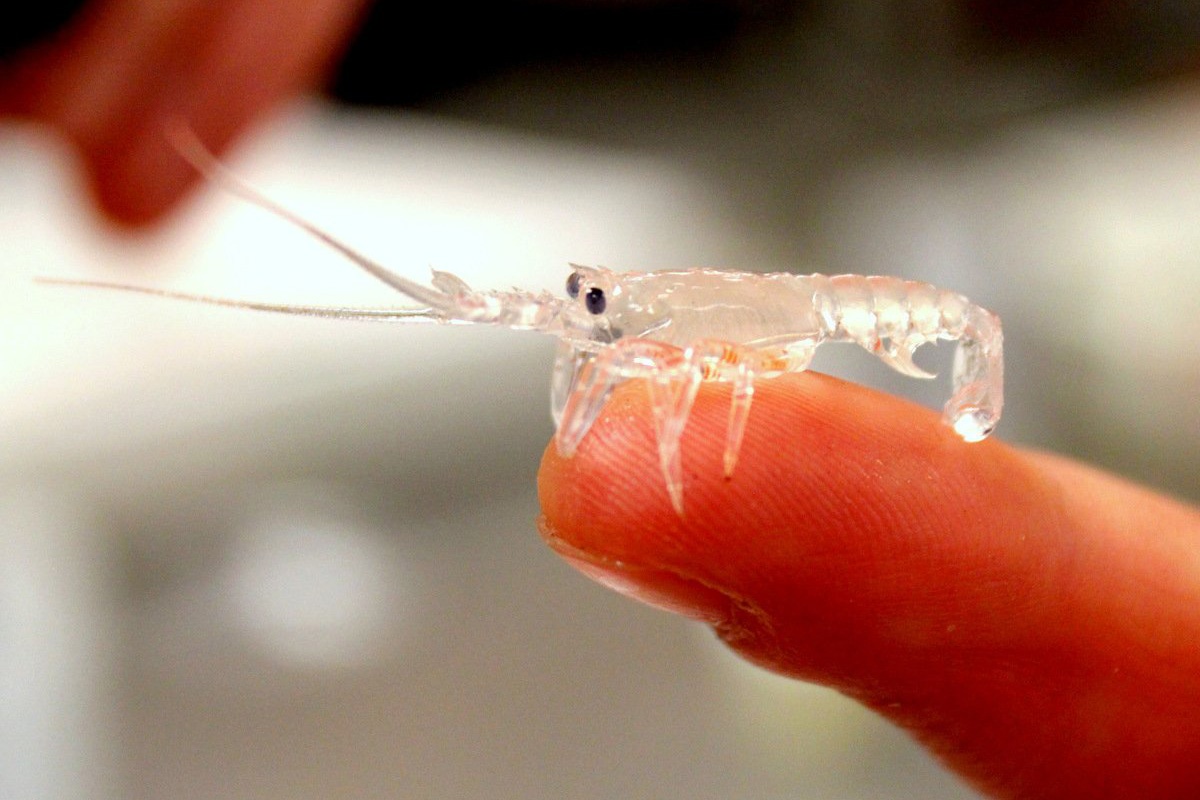
Vietnam’s lobster farming industry has experienced stable growth in recent years, producing more than 3,200 tons annually with over 180,000 cages in operation. The industry primarily focuses on two species: the green lobster (Panulirus homarus) and the ornate lobster (Panulirus ornatus). Despite this success, the illegal trade and smuggling of juvenile lobsters from abroad present a growing threat, prompting Vietnamese authorities to take serious actions to curb this illegal activity.
The Ministry of Agriculture and Rural Development (MARD) has intensified efforts to stop the illegal import and transportation of juvenile lobsters across various entry points, including airports, border gates, rivers, and coastal areas. Smugglers often use both land and sea routes to bring lobsters into Vietnam, bypassing regulatory controls. In response, MARD has launched a series of coordinated operations with the police, border guard forces, and local authorities. Special task forces have been created to tackle smuggling operations, and violators face harsh penalties under Vietnam’s laws.
The rise in illegal smuggling threatens not only the economic viability of local lobster farmers but also the health and safety of Vietnam’s marine ecosystems. Smuggled lobsters, which are often of low quality, increase the risk of introducing foreign diseases into the local lobster population. These diseases could have devastating effects on the industry, particularly given the high concentration of farming operations in specific regions of the country.
In addition to enforcement actions, local media outlets have been tasked with raising public awareness about the dangers of smuggling juvenile lobsters. Media campaigns emphasize the potential environmental hazards and economic risks, calling on citizens and businesses to cooperate with authorities by reporting suspicious activities. By highlighting the broader consequences of illegal trade, authorities hope to gain stronger public support in the fight against lobster smuggling.
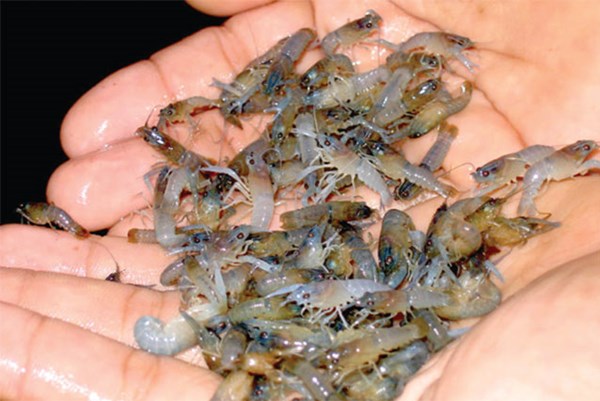
One province where authorities are particularly active is Binh Dinh. With 21 lobster farming households, the province is a key player in Vietnam’s lobster production. The majority of the farms, 18 households, focus on farming ornate lobsters, particularly in Nhon Hai and Nhon Chau. These farms operate with around 270 cages. The remaining three households, located in Ghenh Rang ward of Quy Nhon City, farm green lobsters using about 50 cages.
Binh Dinh’s local government has taken the fight against smuggling seriously, assigning the Department of Agriculture and Rural Development to lead efforts in cooperation with the Department of Industry and Trade, provincial police, and other relevant agencies. Together, they are conducting inspections of lobster quarantine facilities and farms to ensure compliance with the law. They are also monitoring the sale and transportation of juvenile lobsters to ensure that only lobsters with verified origins enter the market. Those caught engaging in illegal activities face severe consequences, in line with the government’s crackdown.
Beyond combating smuggling, Vietnam is also focusing on sustainable practices to protect the future of its lobster industry. The Directorate of Fisheries has laid out several initiatives aimed at improving lobster farming and juvenile lobster harvesting. Provinces including Quang Nam, Quang Ngai, Binh Dinh, Phu Yen, Khanh Hoa, Ninh Thuan, and Binh Thuan have been instructed to comply with the regulations outlined in Decree No. 26/2019/ND-CP. These regulations cover harvest seasons and sizes, designed to ensure that juvenile lobsters are harvested responsibly and legally.
Furthermore, the government is encouraging the establishment of cooperatives and businesses to streamline the production process. By forming partnerships within the industry, lobster farmers will be better equipped to manage resources, ensure high-quality products, and meet growing market demand. A key objective of these efforts is to guarantee that 100% of juvenile lobsters supplied to farms have traceable origins, thereby minimizing the risk of introducing disease and protecting the integrity of the industry.
Authorities are also working to create local guidelines for sustainable lobster harvesting, emphasizing the importance of balancing economic growth with the preservation of marine resources. By adopting responsible farming practices, Vietnam hopes to secure the long-term viability of its lobster industry, which plays a critical role in the country’s seafood export sector.
In conclusion, Vietnam is taking a robust approach to combat the illegal smuggling of juvenile lobsters. Through strict enforcement, increased public awareness, and sustainable farming initiatives, the government is working to protect one of its most valuable aquaculture sectors. The success of these measures will depend on continued cooperation between farmers, local authorities, and enforcement agencies as they strive to safeguard Vietnam’s lobster industry from both economic threats and environmental damage.
VFM



